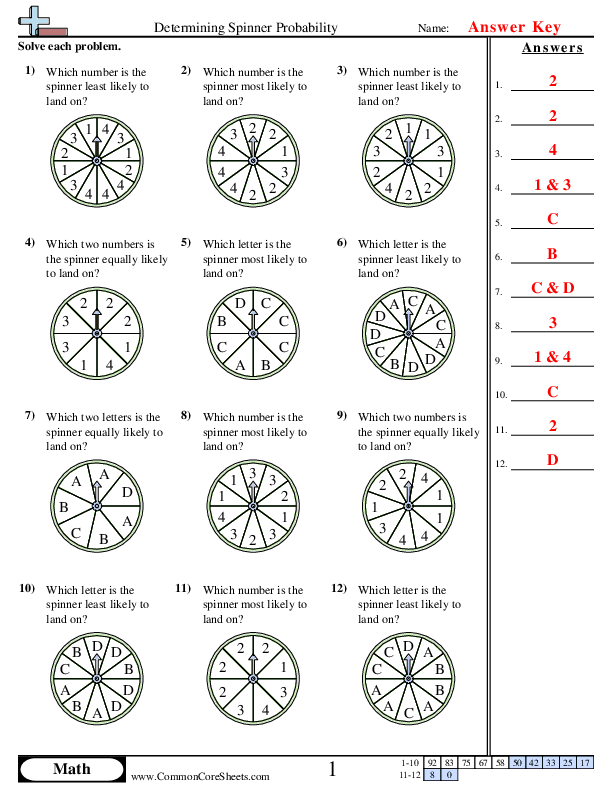Probability is an important concept that is introduced to students in middle school. It helps them understand the likelihood of events happening and makes predictions based on data. To reinforce this concept, teachers often provide students with probability worksheets to practice their skills and enhance their understanding.
These worksheets typically include various types of problems such as coin flips, dice rolls, and card games to help students grasp the concept of probability. By solving these problems, students can develop critical thinking skills and improve their mathematical abilities.
Middle School Probability Worksheet
A middle school probability worksheet may include questions like determining the probability of rolling a certain number on a die or drawing a specific card from a deck. Students are required to calculate the chances of different outcomes and express them as fractions, decimals, or percentages.
Additionally, the worksheet may also include word problems that require students to apply their knowledge of probability in real-life scenarios. This helps them understand how probability can be used to make informed decisions and predictions in various situations.
Through practicing these worksheets, students not only improve their mathematical skills but also enhance their logical reasoning and problem-solving abilities. They learn to analyze situations, make predictions, and draw conclusions based on data, which are essential skills for their academic and personal development.
Overall, middle school probability worksheets play a crucial role in helping students understand and apply the concept of probability in a meaningful way. By engaging in these activities, students can develop a solid foundation in mathematics and build the necessary skills to succeed in their academic journey.
In conclusion, middle school probability worksheets are valuable tools that help students enhance their understanding of probability and strengthen their mathematical skills. By practicing these worksheets, students can develop critical thinking, logical reasoning, and problem-solving abilities that are essential for their academic success.
